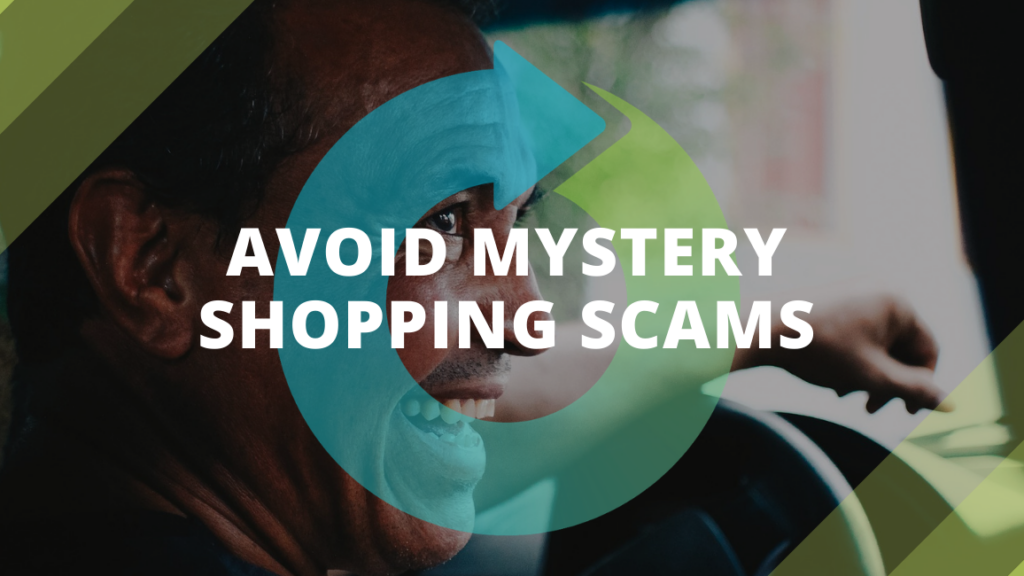We hear the term ‘fraud’ within the mystery shop industry far too often. It is commonly used in the context of a person or group of people, posing as a mystery shop company in order to con mystery shoppers by sending them counterfeit checks and asking them to cash these checks, and/or send funds back to them (you can read more about that here). It is a very unpleasant element of our industry, but fortunately, it is something that mystery shop companies are well aware of so they can get ahead of it.
Unfortunately, fraud is also very prevalent within the shopper community as well. It is important to know what constitutes as fraud as a mystery shopper so that you will know how to avoid committing any of the violations that are considered fraudulent.
Reporting Inaccurate or False Data
This point is one of the most common types of shopper fraud that we run across. Some common examples include shoppers recording improper timeframes, providing incorrect employee information, and other erroneous, general statements about what occurred on their visit. A lot of our clients rely on video cameras within their establishments and often use the footage as a backup to the shops we provide them. If the data we provide does not match up with the material they are seeing on their video surveillance, it puts the validity of the entire shop report in jeopardy. Our clients depend on these mystery shop reports to make significant decisions within their businesses, and therefore the data provided must be properly detailed, accurate and truthful.
Conducting Multiple Shops and Reusing the Same Data
This falls under the previous point of fraud but occurs enough to where it is worth addressing on its own. Most shoppers take on multiple shops at a time, which we do encourage, however, it is extremely important that each report you turn in, is distinctive and discusses exclusively what occurred on the particular visit. You should never copy and paste data from one report to another.
Falsifying Receipts and Photos
For shops that require photos of a food item or another product that was purchased on the visit, shoppers will often forget to do this and pull a stock image from the Internet. Our system contains advanced technology that will tell us when an image is not unique and pulled from another source. Manufacturing and doctoring receipts to update the amount spent, the tip, timestamp, date, or address are also strictly against our policy and we will be able to distinguish when the original copy has been altered.
Having More than One Shopper Account
We have a lot of rotations and restrictions in place, and to adhere to these restrictions, shoppers may only have one account. Oftentimes, if a shopper is restricted or banned from our system, they will create a new account, which we will catch as shared IPs, addresses, and other shared or common data, are a red flag in our system and we are alerted when this occurs.
Sharing a PayPal Email Address
Sharing a PayPal email address is strictly against not only our policy, but that of the Independent Contractor. Your PayPal email needs to be yours, and yours alone for taxation purposes.
Shopper fraud is a very serious issue, and we have numerous checks and balances in place to prevent this fraud from happening, especially before the information reaches its way to our clients. Any sign of shopper fraud will result in your account being banned. As always, if you have any questions about what is considered fraudulent behavior, please do not hesitate to reach out and ask.
